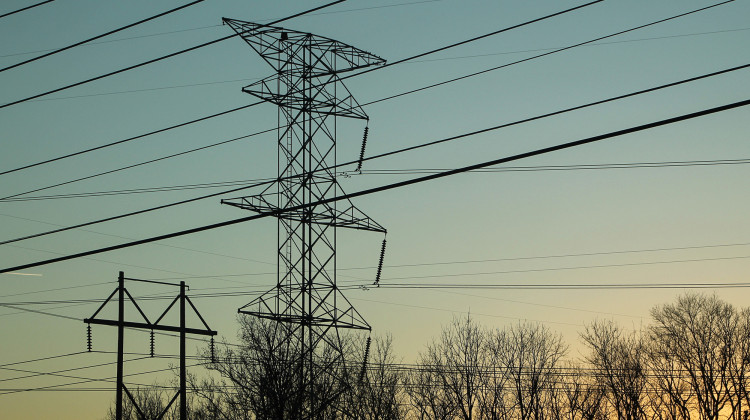A bill that would get rid of state protections for some wetlands in Indiana narrowly passed the Senate. There’s only one stop before the controversial bill becomes law — Gov. Eric Holcomb’s desk.
Supporters of the Senate Bill 389 said Indiana’s current wetlands law is too strict — causing home prices to go up and creating conflicts between farmers and state environmental regulators.
The current bill no longer gets rid of all state wetland protections. But, among other things, you wouldn’t have to get a permit to build on the state’s smallest type of wetland or a wetland in a farm field. The bill also creates a task force to study issues with the wetlands law.
READ MORE: Some Changes To The Controversial Wetlands Bill Contradict Others
The bill passed 31-19 and faced opposition on both sides of the aisle. Sen. Sue Glick (R-LaGrange) opposes the bill. She said when you build on a wetland, you’re destroying an important resource that may have taken hundreds of years to form — and that’s difficult and expensive to replace.
“It’s worse to have to put it back than it would be if you’d just left it alone," Glick said.
Glick said there has to be a better way to address disputes with state regulators that doesn’t put Indiana’s whole water system at risk.
But the bill's author, Sen. Chris Garten (R-Charlestown) questioned how much value these smaller wetlands have — he said they don’t provide habitat for endangered wildlife or help reduce flooding.
“We literally have an agency right now running around classifying cropland and broken drain tiles as wetland," he said.
Holcomb spoke out against the bill in the past, but there’s no telling if he’ll veto this current version.
CORRECTION: An earlier version of this post incorrectly identified Sen. Sue Glick as a Democrat. She is a Republican.
Contact reporter Rebecca at rthiele@iu.edu or follow her on Twitter at @beckythiele.
Indiana Environmental reporting is supported by the Environmental Resilience Institute, an Indiana University Grand Challenge project developing Indiana-specific projections and informed responses to problems of environmental change.
 DONATE
DONATE









 Support WFYI. We can't do it without you.
Support WFYI. We can't do it without you.